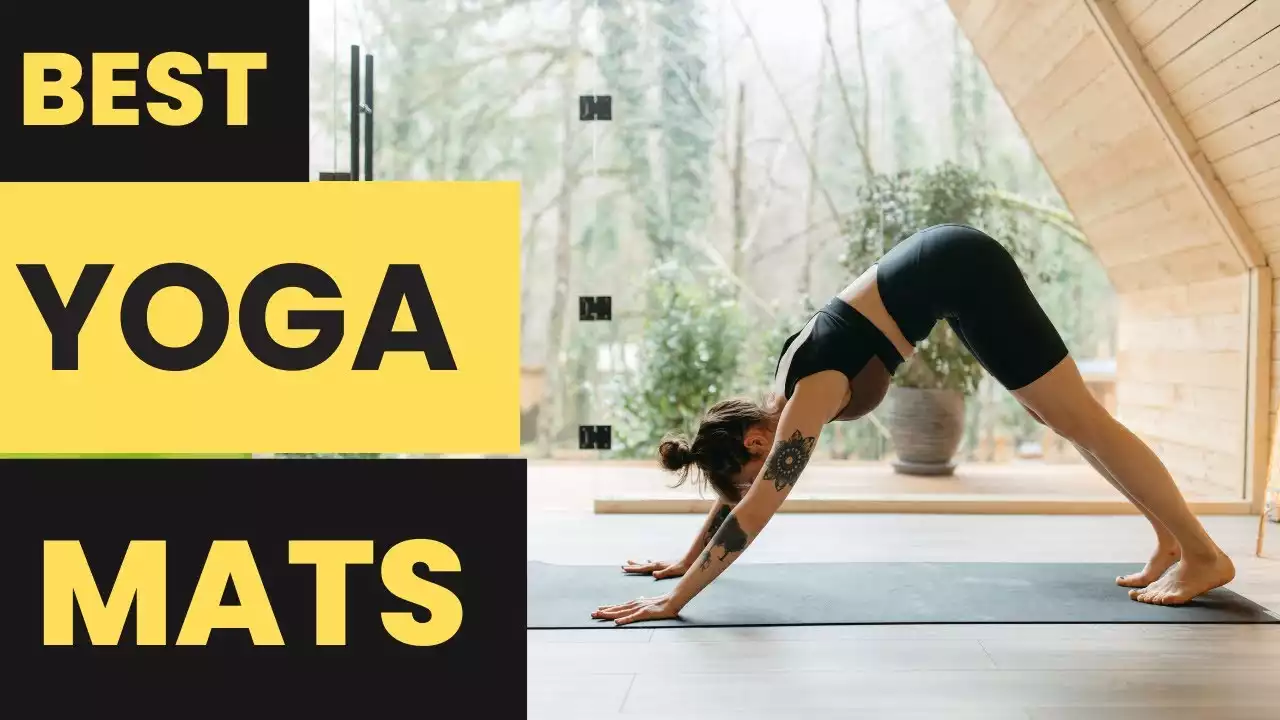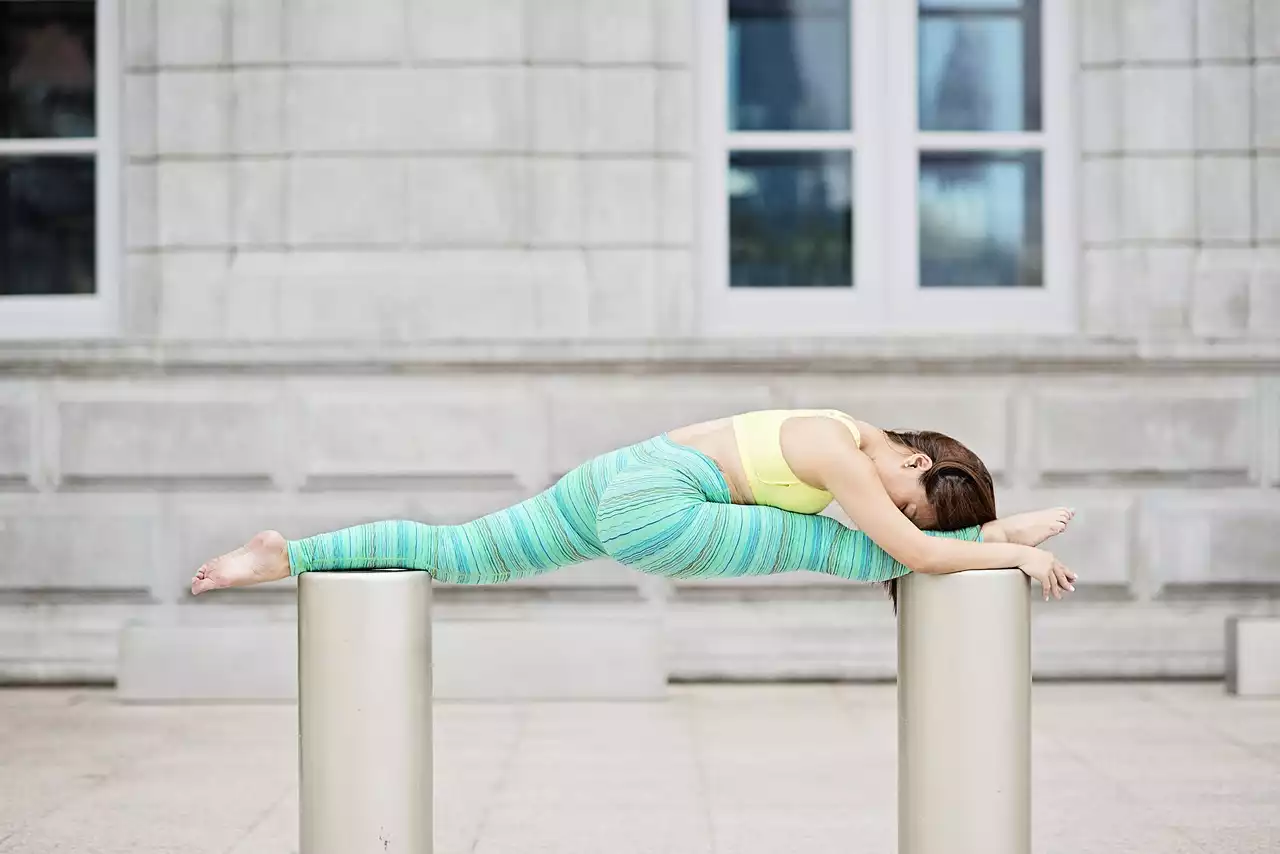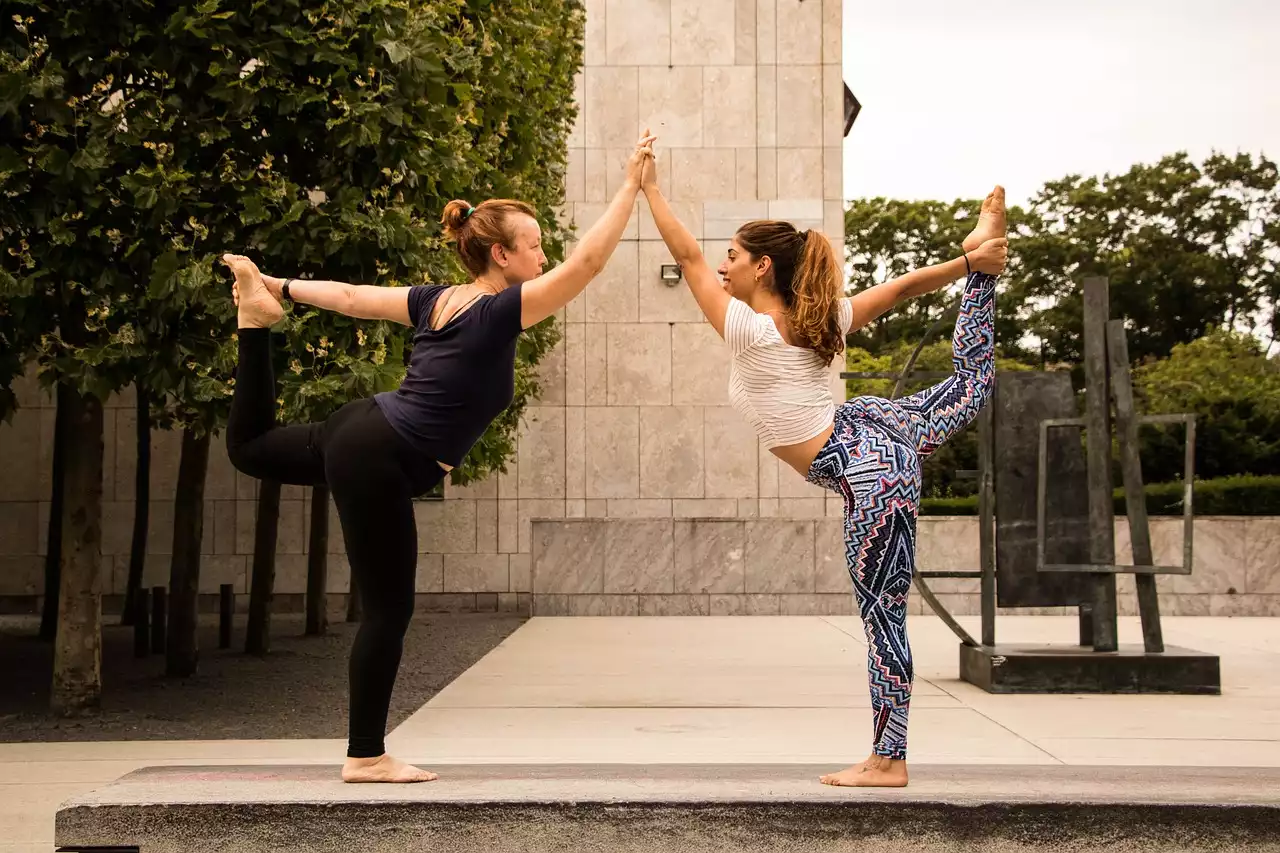Benefits of Reducing Stress with Yoga
- Yoga can help you to reduce your levels of stress by slowing down your nervous system, and bringing you into a state of rest. Slowing down your nervous system can help you to feel less stressed and anxious in your daily life.
- Yoga can help you to reduce your levels of stress-related hormones. Studies have shown that practicing yoga can reduce levels of cortisol, the hormone that is released when we experience stress. Reducing these levels can help you to feel less stressed, and can also improve your overall health.
- Yoga can help you to release pent-up emotions, get clarity on your feelings, and connect with your inner self. This can help you process the emotions causing you to feel stressed.
- Yoga can help you to cultivate new coping skills, and find better ways to manage your stress in the long term. This can help you to reduce your overall levels of stress in the long term.
Preparing for a Yoga Practice
When preparing for yoga practice, you’ll want to select the type of yoga that resonates with you. You can select a type based on your goals, the times that are most convenient for you, and the kind of environment in which you find most conducive to relaxation. You can also select a type based on your current health and fitness levels. You can ease your way into a yoga practice and progress at your own pace. You can also modify poses as needed to make them more accessible for you. Before starting a yoga practice, you’ll want to assess your current fitness level. This can help you to decide which poses will be most appropriate for you. You’ll also want to prepare your yoga space. This can help you to make your practice more enjoyable and relaxing.
Steps to Reduce Stress with Yoga
- Choose a yoga type that resonates with you and your current fitness level. You can also ease your way into practice by starting with a gentle yoga type, such as restorative yoga. This can help you to ease into practice at your own pace.
- Prepare your yoga space in a way that feels relaxing and inviting. You can also use this time to cultivate your state of mind for your practice. You might find it helpful to choose your playlist or meditation track ahead of time.
- Make some progress towards lowering your heart rate. This can help you to transition into a state of rest. You can do this by taking a few deep breaths, or by doing light exercises.
- Focus on your breath as you transition into your yoga practice. You can also use your breath to help you to release any emotions that are coming up for you.
- Choose a focus for your yoga practice. This can help you to stay present at the moment, and use your yoga practice as a way to cultivate a sense of calm, focus, and self-love.
Benefits of a Regular Yoga Practice
- A regular yoga practice can help you to reduce your overall levels of stress. It can also help you to reduce your levels of stress-related hormones, improve your mental clarity, and cultivate greater compassion and self-awareness. This can help you to live a more fulfilled life.
- A regular yoga practice can help you to build a more positive outlook on life. It can also help you to build better coping skills, and improve your overall health.
- A regular yoga practice can help you to become more flexible, and improve your overall fitness level. It can also help you to become stronger, more aware of your body, and more connected to your inner self.
Yoga Retreats and Workshops
Yoga retreats and workshops can be a great way to take your practice to the next level. They can be particularly beneficial if you’ve been practicing yoga for some time, but feel like your practice has plateaued. They can also be a great option if you’re new to yoga but would like to make regular practice a part of your life. Yoga retreats and workshops can be particularly beneficial for those who are looking to reduce their levels of stress. They also provide an opportunity for connection and self-discovery. When looking for a yoga retreat or workshop, you can select the one that is most appropriate for you based on your current health and fitness level. You can also select the one that best meets your needs, such as the specific type of yoga that will be practiced, or the location where the retreat is being held.
What to Look for in a Yoga Class or Instructor
When selecting the type of yoga class or instructor that is right for you, you can select the one that best suits your current fitness level and the type of yoga that resonates with you. You can also select the class that best meets your needs, such as the class that is most conveniently scheduled, or the class that is most accessible for someone with limited mobility. You can also select the class that best matches your personality, such as the one that is most engaging and enjoyable, or the one that has an instructor that inspires you. Once you’ve selected the class that is right for you, you can make the most of your yoga experience by being present at the moment, and making the practice your own.









